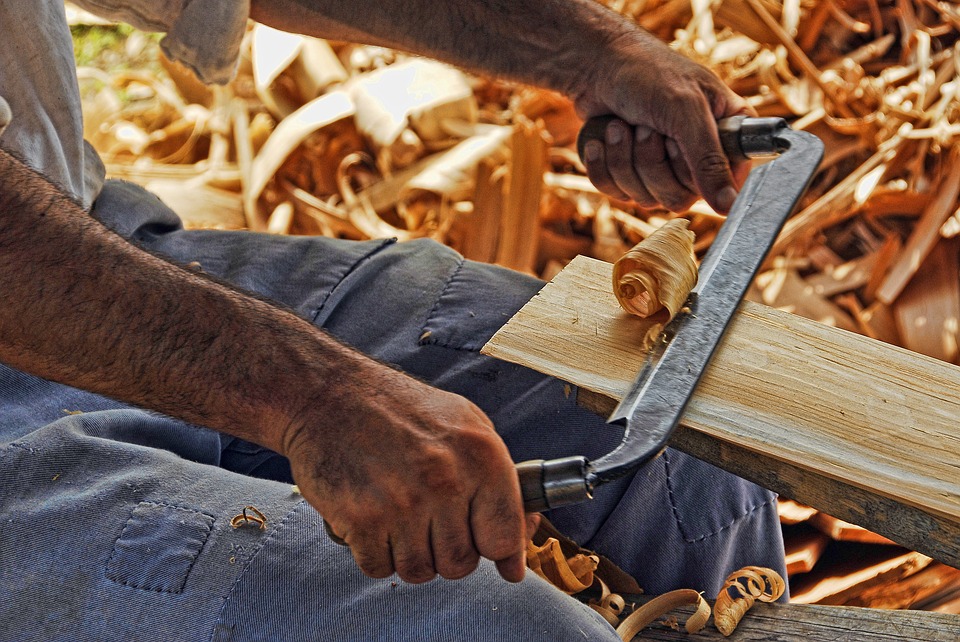How to start your own carpentry business

Starting your own business can be both a rewarding and challenging time. Each industry comes with its own set of hurdles, and those who start businesses with a trade or craft are no different. If you’re a dab hand with wood work and love creating and designing intricate pieces, starting your own carpentry business could be the way to go.
Whether you have ample experience behind you or you’re just at the beginning of your career, here are some of the things you’ll need to know to get yourself off the ground.
Understand the market
One of the first things you’ll need to do is research the market. Is the local area around you saturated with other carpenters, or are you likely to be one of the only ones? You’ll need to establish what the overall demand of your services might be, as if there isn’t enough work locally, you may need to offer your skills a little further afield and charge for travel.
Get the necessary qualifications
You might want to look into qualifications of some kind to ensure that your customers are aware of your skillset. Either that, or you could look for comprehensive on the job training instead. If you’re looking to gain a qualification or certification, there are a number of avenues you could follow. City and Guilds for example, have a Carpentry and Joinery course available for learners aged 16 and above for those wanting to specialise in wood work.
Define your services
Once you’re qualified, trained and understand your market, it’s time to take a look at the services you’ll be offering. Whether you’re going to create bespoke pieces for clients, or work on much larger jobs, knowing what your services are will help you to attract the right customers. If you stick to a specialist area or number of services, you’re much more likely to be deemed an expert in what you do, and therefore able to charge more money as you become more established!
Invest in the tools and equipment you need
Before you start working on jobs, you’re going to need to get yourself the right tools and equipment to help you complete work for customers. Among the essentials are things such as sandpaper for smoothing your lines, hand saws, claw hammers, chisels and a solid work bench. Whether you invest in all of this in one go or gradually buy pieces over time is completely up to you, but your tools are your best friends in the carpentry world.